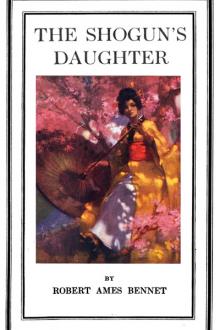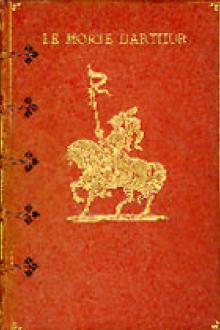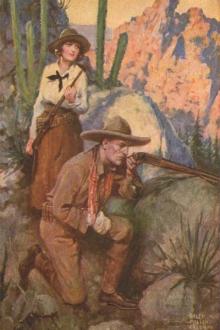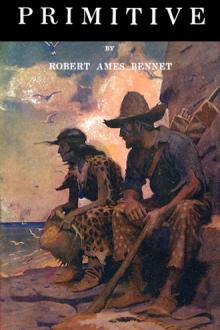The Shogun's Daughter
The Shogun's Daughter
The Shogun's Daughter must have been, surely is, a wonderfully attractive young lady. The winning of her cost the young American officer who ventured into Japan ahead of Perry, a great deal of agony. The story leads one into bewildering intricacies of Japanese customs and politics, and most of all rouses wonder how any man could endure all the fellowship with fearful deaths that this hero bore.
Book Excerpt
agasaki!" growled Downing. "Take me for a Dutchman? You put back, fast as you can paddle, and tell your mandarin, or whatever he calls himself, that here's an American clipper lying in his harbor, ready to buy or barter for tea, chinaware, or silks."
"Thangs. You go Nagasaki--you go Nagasaki!" reiterated the officer, smiling more politely than ever, and signing us down the bay with a graceful wave of his small fan. "No get things aboard. You go Nagasaki. Ships no can load."
"That's easy cured," replied Downing. "Tell your mandarin I'll get under way first thing tomorrow and run in close as our draught will let us. If we can't come 'longside his bund, we can lighter cargo in sampans."
The officers exchanged quick glances, and the younger one repeated his affable order with unshaken placidity: "You go Nagasaki. Thangs."
Without waiting for further words, both bowed, and the older one signed to the scullers with his fan. The men thrust off and brought their graceful craft about with a
Editor's choice
(view all)Popular books in Fiction and Literature
Readers reviews
3.5
LoginSign up
Interesting historical adventure set in Japan in the mid-19th century, just at the time when Commodore Perry's warships were pressing the combative and xenophobically insular Japanese to open their ports to world trade. An adventurous young Nipponese nobleman takes ship for the West in defiance of ancient law forbidding citizens of Japan to leave the island, with death to any who go and return. He's befriended by a young American, a wealthy Southerner with all of the pre-Civil War arrogance of a plantation-born aristocrat. Although Japanese law also declares that any foreigners in Japan will be put to death, he pledges to return with his friend to his homeland in order to convince the Shogun that resting the might of the West will bring dire consequences. The plot is fairly predictable, but the wealth of detail about Japanese life of the period is fascinating. For example, here's an account of a dinner:“The meal was odder than any I had eaten even in China—soup, omelet, fishballs, and sponge cake; soup, boiled crawfish, lotus-root salad, and salted plums; thin soup, sweetmeats, pickled bamboo shoots, and stewed cuttlefish; thick soup, sliced duck, and stewed vegetables; sea slugs with soy sauce, loquats stewed with sugar, soup, more soup, and last of all plain boiled rice, without sugar—which is scarce in Japan—and without milk—which is unknown.”
- Upvote (0)
- Downvote (0)
This story is brimming with the romance and color of Japan as it was when Commodore Perry first visited that country. Into the hermit nation—as Japan then was—with its ironclad caste divisions and stern Samurai rule, comes an aristocrat of another sort—a blueblooded Southerner, himself as proud as any Samurai, but with a passionate warmth of blood quite alien to Japan. Of course he falls in love with a maiden of the country, and of course tragedy as well as romance gleams over the story of his wooing.
09/19/2010
Popular questions
(view all)Books added this week
(view all)
No books found

 Free Download
Free Download





























